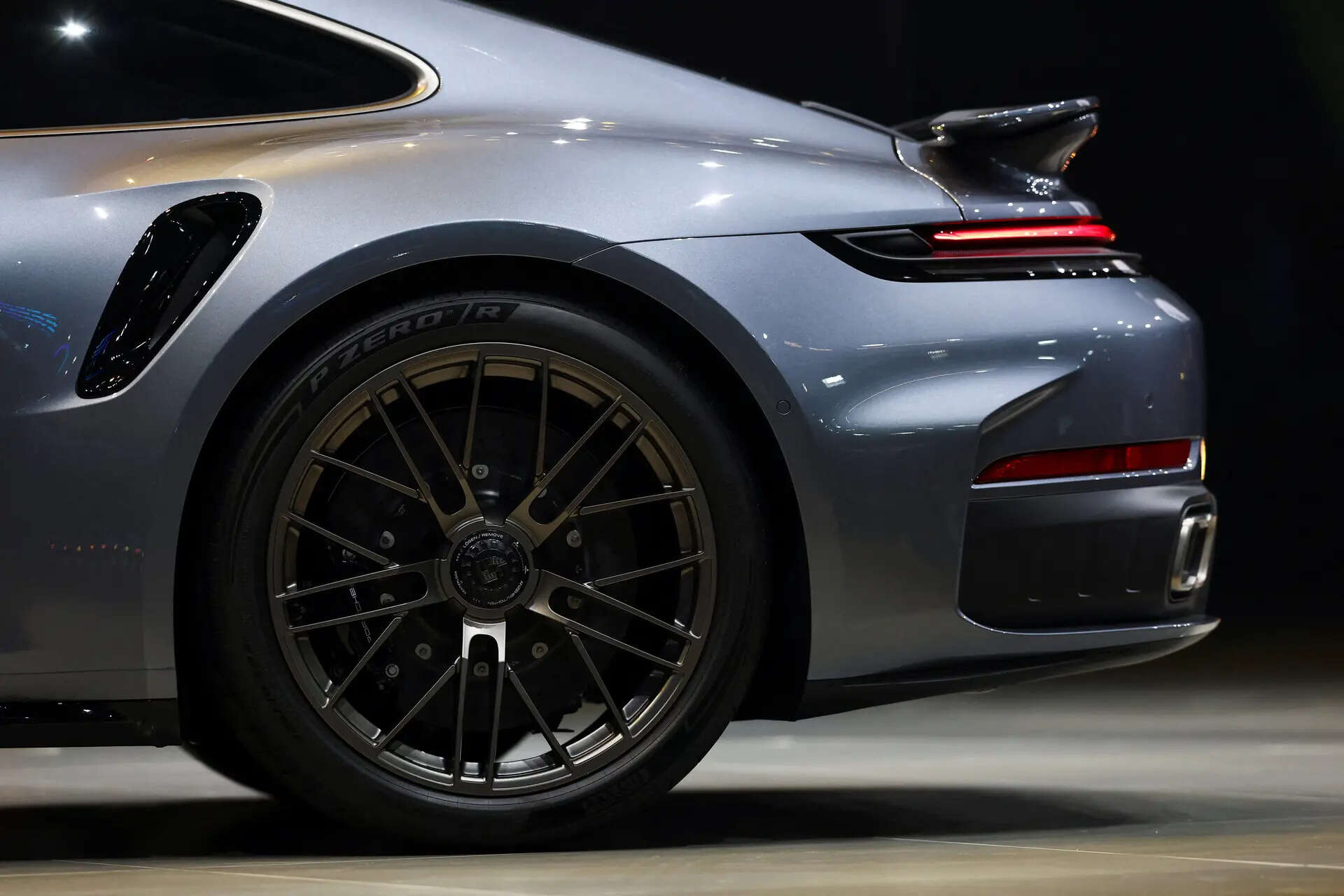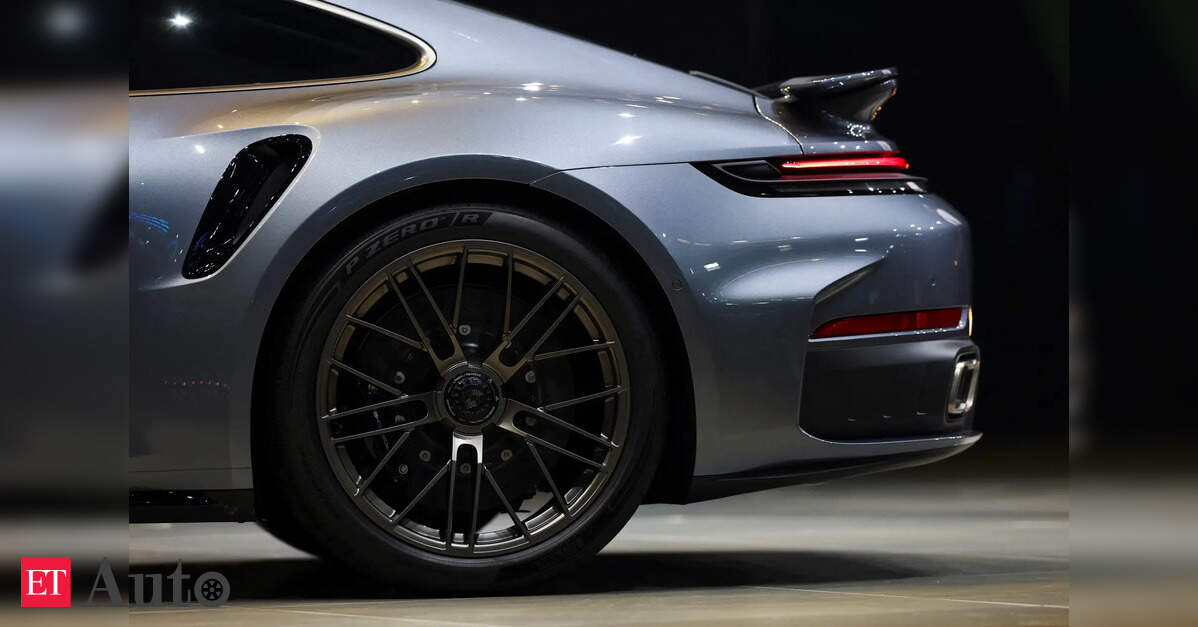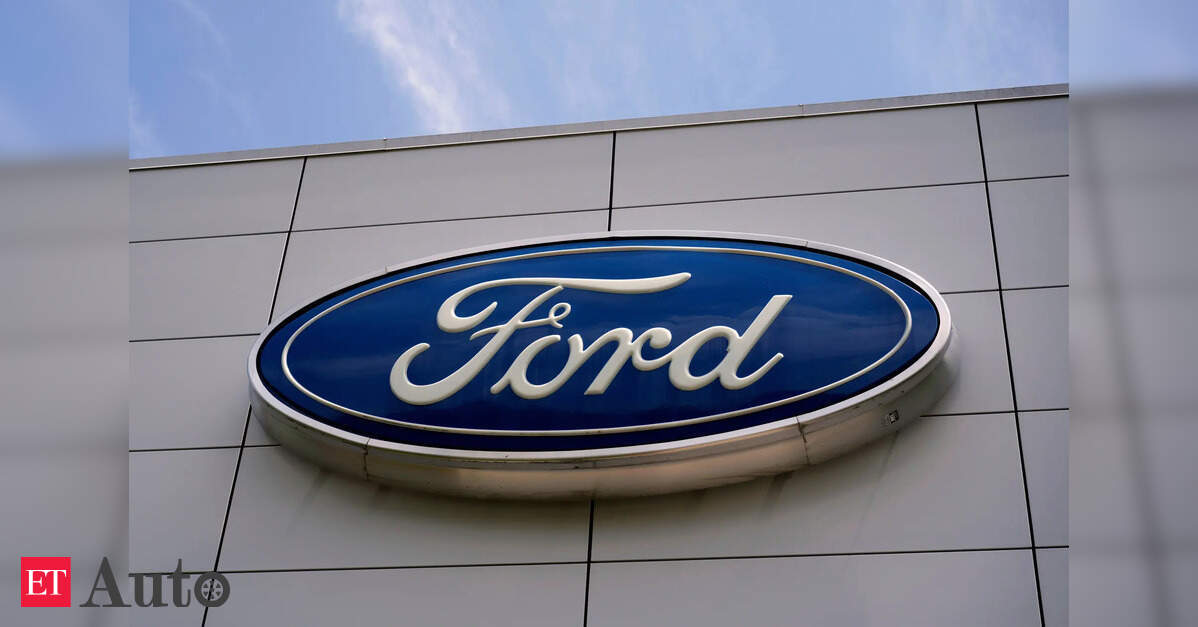 Porsche is set to appoint ex-McLaren boss Michael Leiters as its new CEO, aiming to revive its struggling fortunes and end Oliver Blume’s dual role.
Porsche is set to appoint ex-McLaren boss Michael Leiters as its new CEO, aiming to revive its struggling fortunes and end Oliver Blume’s dual role. Porsche lined up ex-McLaren boss Michael Leiters as its likely new CEO on Friday, in a bid to revive the German luxury sports car maker’s fortunes and end a dual role for Oliver Blume that had rankled with some investors.
Blume, who took the wheel at Porsche a decade ago, has for the past three years also run its parent Volkswagen, during which time both companies have struggled.
“Negotiations with Dr. Leiters will be initiated,” Porsche said in a statement, adding that leading supervisory board members had authorised talks with Blume on ending his tenure.
Investor says company listening to criticism
Hiring a new CEO is a bid by Porsche to improve its performance as it faces global tariffs, falling Chinese demand and a costly reversal back to combustion engines from electric.
Only three years ago, Porsche’s market value was the second highest in German history and the carmaker was Europe’s most valuable, worth 83 billion euros ($97 billion).
Once a cash-cow for Volkswagen, Porsche’s profit margin has shrivelled, its share price has fallen by more than half and it tumbled out of the blue-chip DAX index last month. Meanwhile, Volkswagen’s share price is down more than a third.
Porsche shareholder DWS welcomed the apparent early end of Blume’s dual role as an important signal to the markets.
“It shows that repeated criticism has finally been heard,” said Hendrik Schmidt, Head of Stewardship and Governance at DWS, which holds about $34 million in Porsche stock.
“However, it is clear that even with new leadership, the old challenges must be tackled: Porsche must now deliver on the e-mobility track and the sales situation in China must also improve,” Schmidt added.
Porsche shares were up 1.2 per cent after the company named Leiters as Blume’s potential successor. Shares in Volkswagen, which did not respond to requests for comment, were up 1.7 per cent.
Leiters, a well-known figure in the sports car world after roles at McLaren, Porsche and Ferrari, could be appointed as Porsche CEO as early as Friday and start in 2026, German magazine WirtschaftsWoche reported.
Leiters, who left McLaren in April after its merger with EV start-up Forseven, was previously chief technology officer for Italian luxury carmaker Ferrari between 2014 and 2019.
Before that at Porsche he was instrumental in developing the successful Cayenne model during a 13-year stint as SUV director.
“His background appears well aligned with Porsche’s sports car and SUV DNA,” said Metzler analyst Pal Skirta.
Porsche, Volkswagen struggle in China
Porsche’s fortunes have reflected a wider malaise in Germany’s once dominant car industry and its broader economy, which has struggled to grow and battled high costs, tariffs and fierce foreign competition.
Porsche has toiled particularly in China and Blume recently announced a costly strategy reversal away from EVs and back to the combustion engine models that made it famous.
Porsche’s sales in China have slumped by nearly a third since hitting a record of 95,671 in 2021.
Its China sales were down 26 per cent in the first three quarters of this year from the same period in 2024 and accounted for just 15 per cent of its total, as consumers rejected Porsche’s electric vehicles in favour of Chinese futuristic sporty alternatives.
Volkswagen has also suffered in China, where its sales fell to 2.8 million cars in 2024, from nearly 3.7 million in 2020.
For years, Volkswagen was China’s No. 1 automaker, but was overtaken by BYD in 2024. At its current rate of growth, China’s Geely appears set to knock Volkswagen into third place in 2025.
“This step has come far too late and a lot of time has been wasted,” said Ingo Speich of German mutual fund firm Deka Investment, which holds about $48 million of Porsche stock.
“Blume must win back the trust of the capital market. He must push ahead with the restructuring and deliver on the announced models and targets,” Speich added.
Blume, who is seen as close to the Porsche/Piech dynasty that controls Volkswagen via the Porsche SE holding company, told Germany’s OMR business podcast last month that he works around 70 hours a week to manage both Porsche and Volkswagen.




